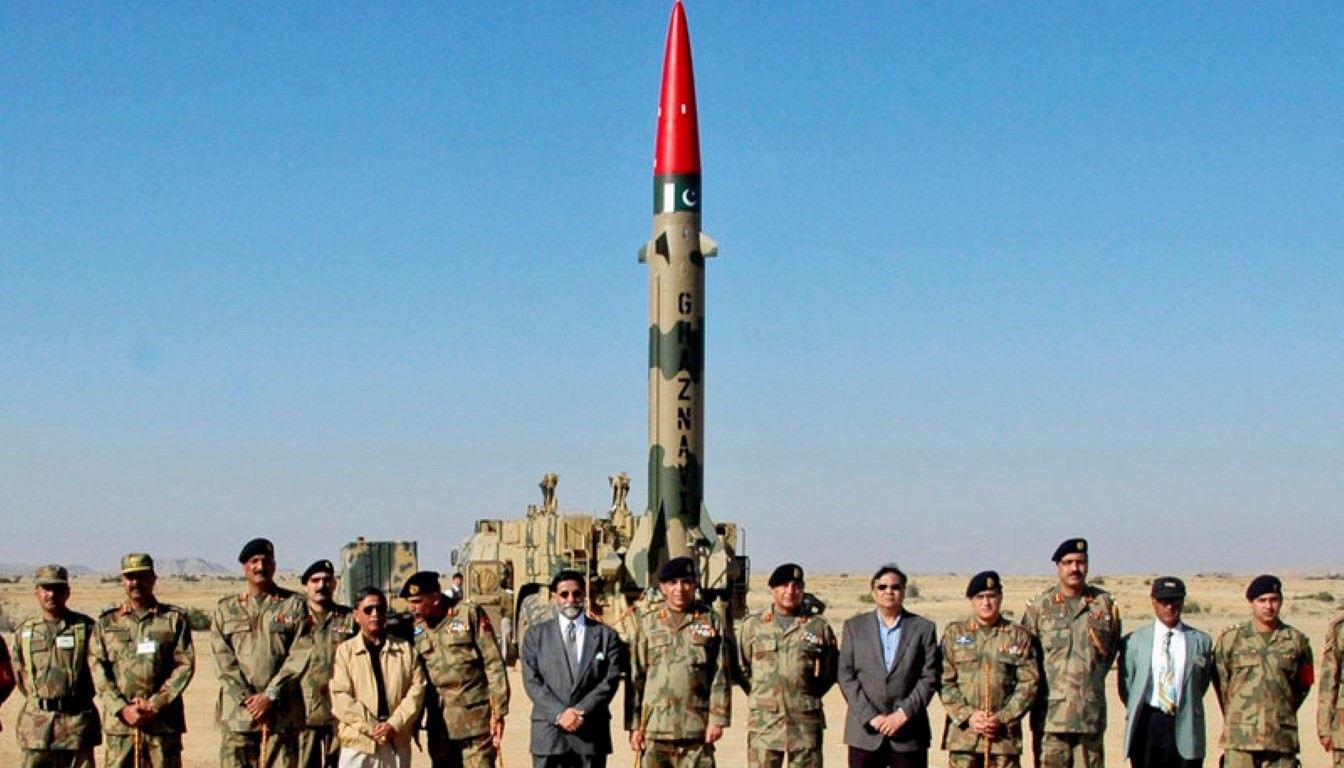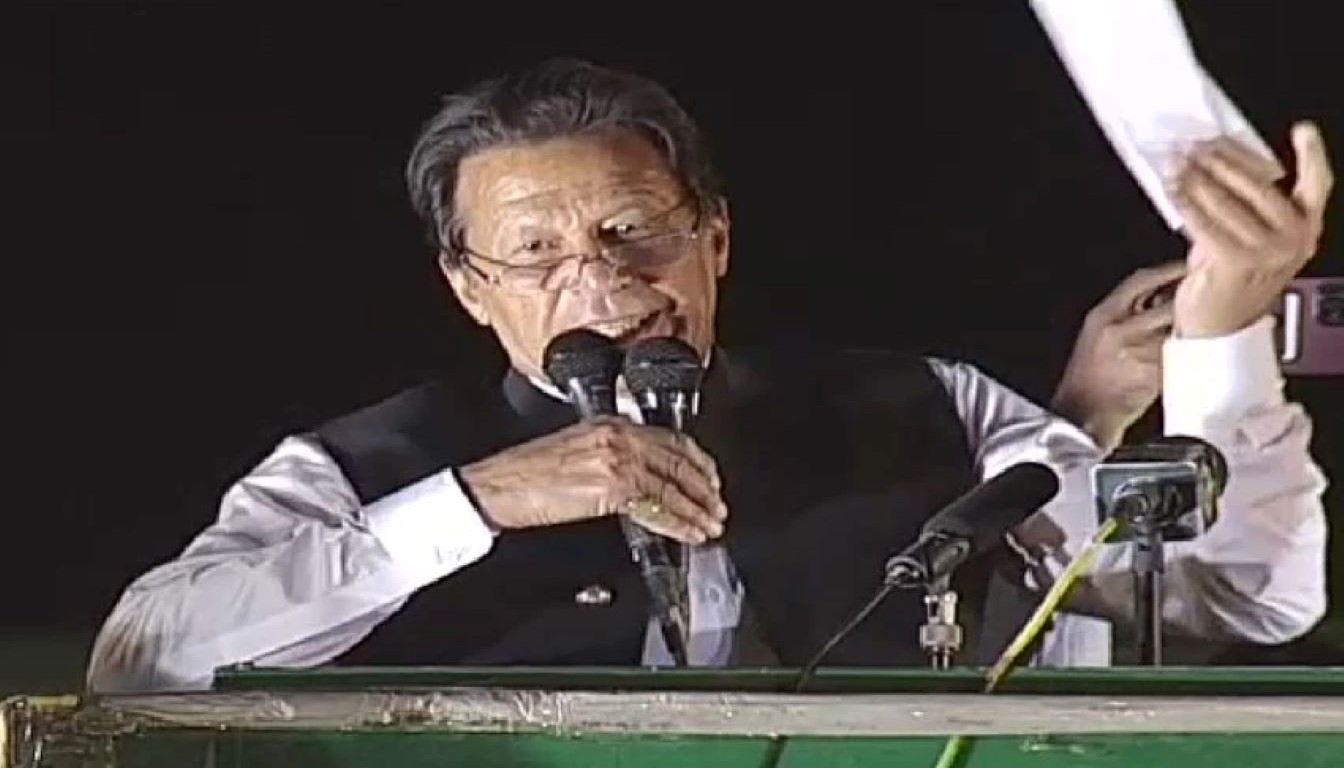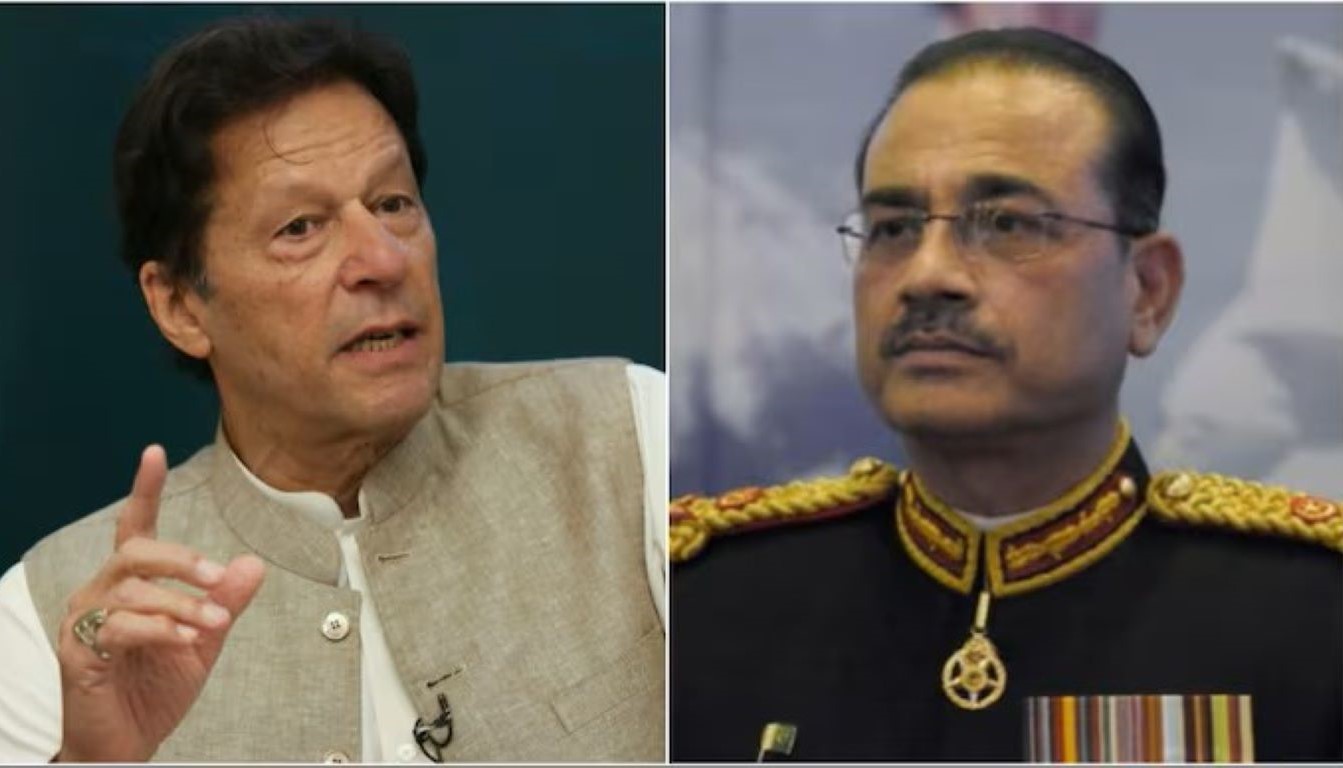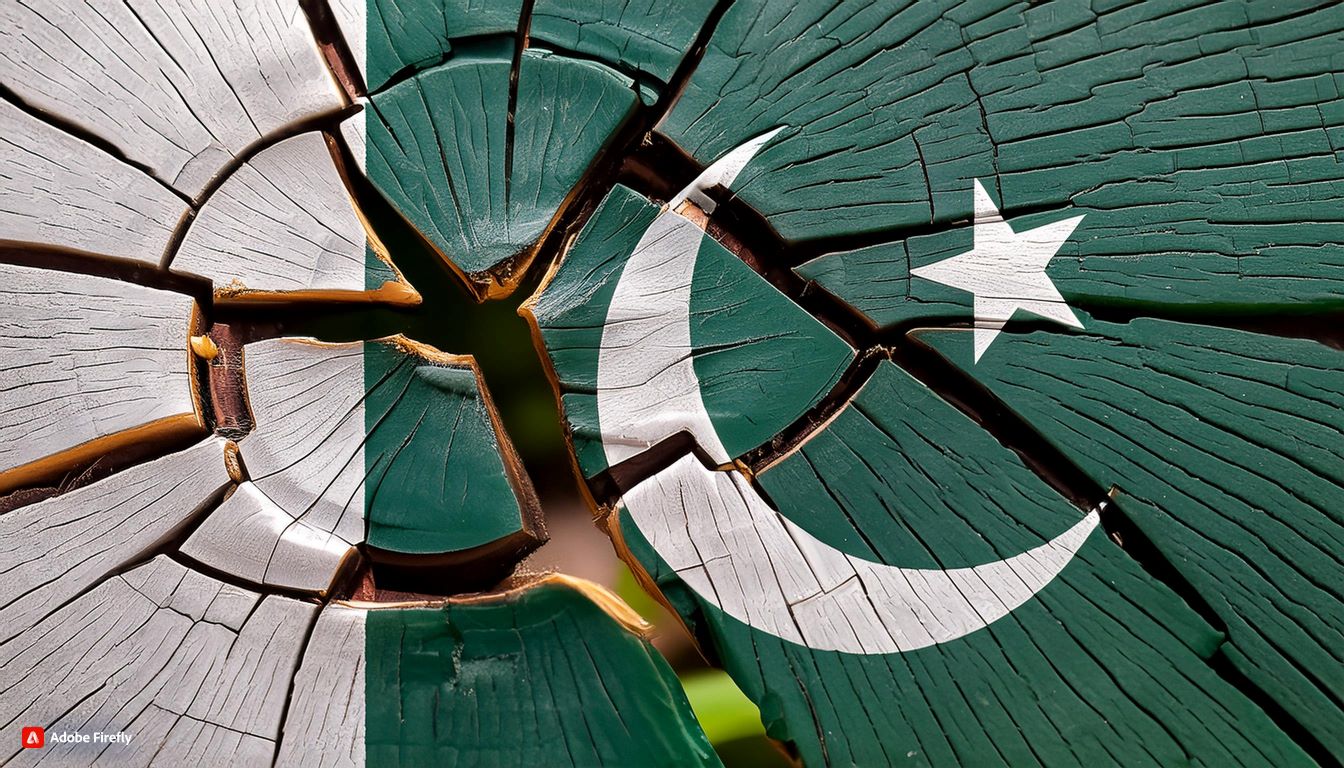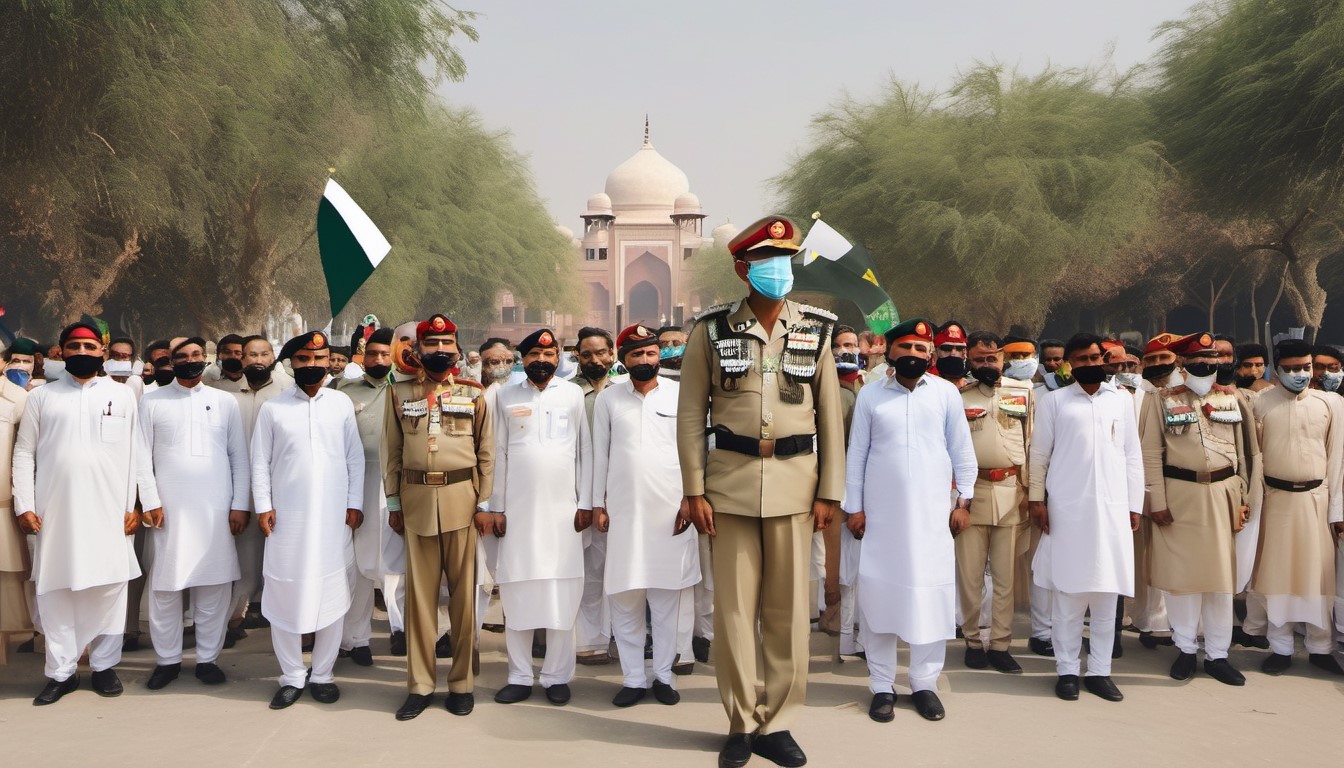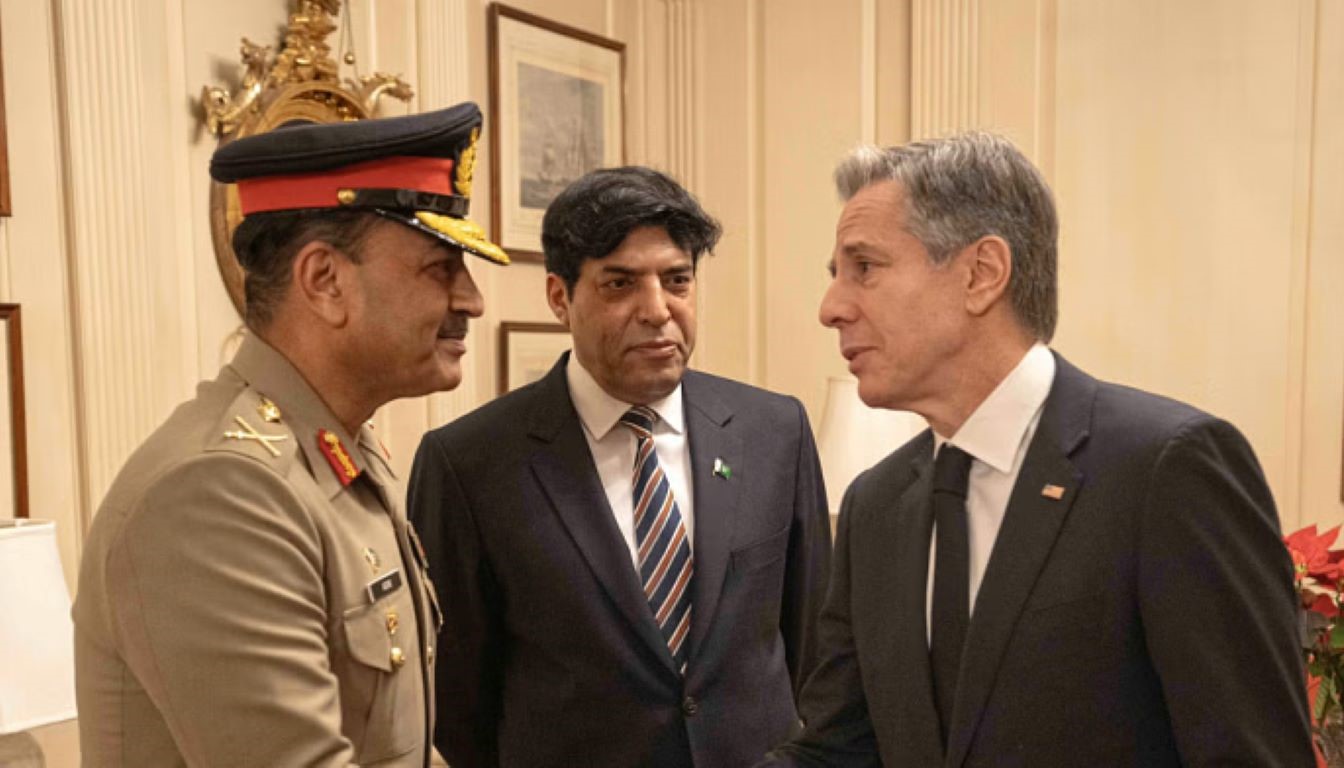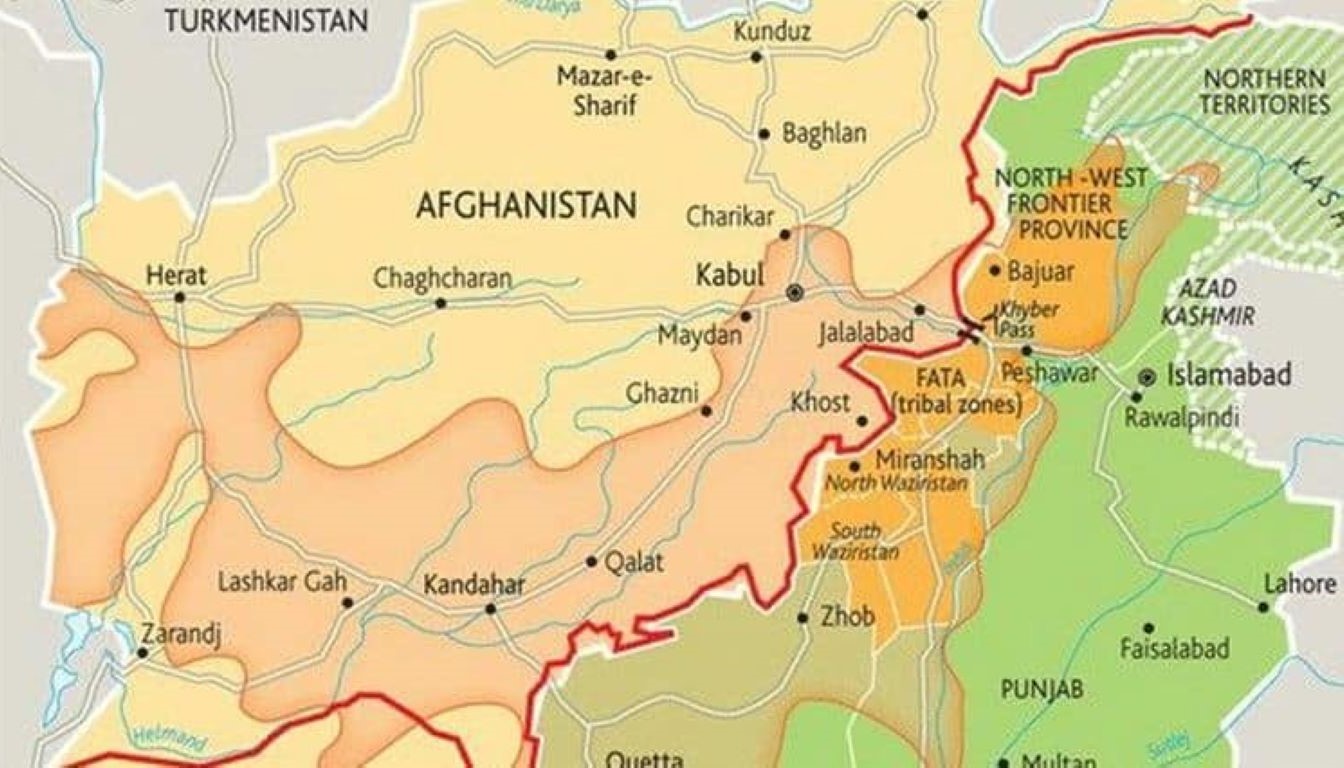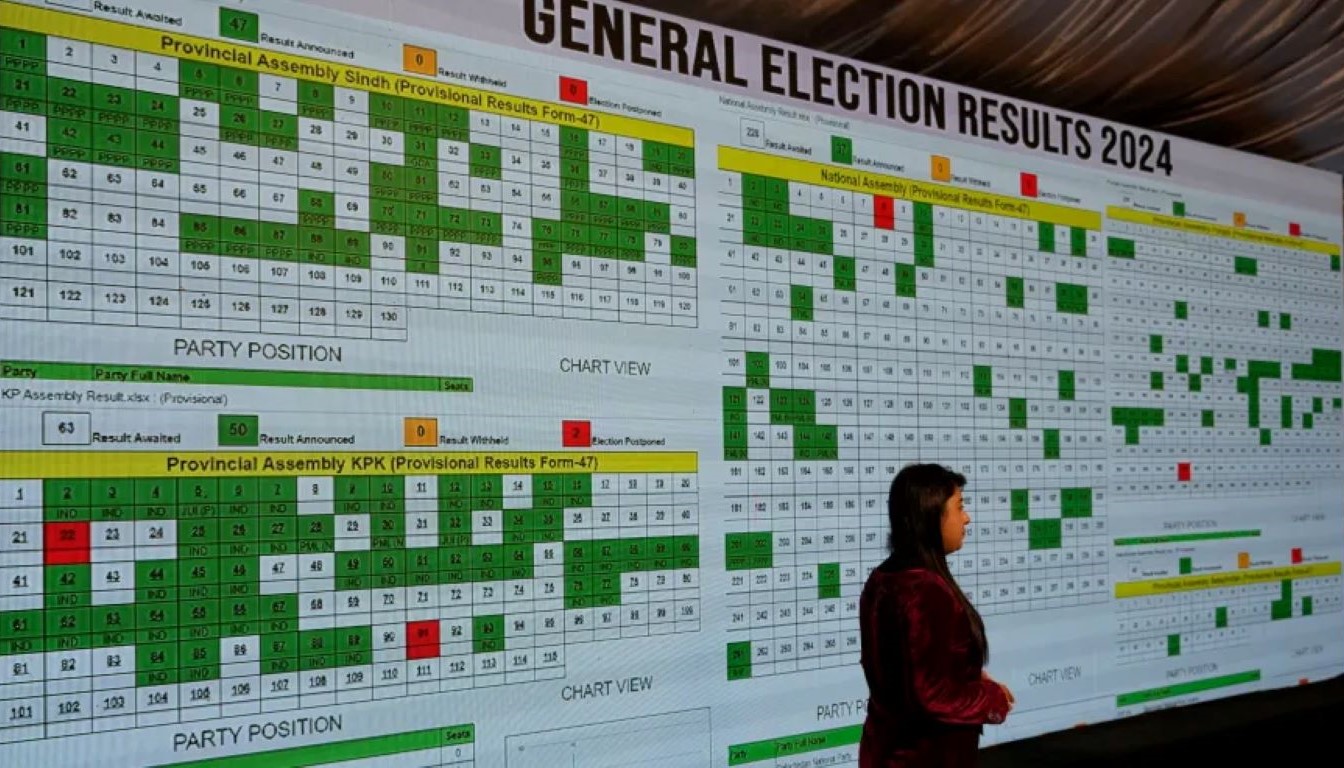The deep-rooted historical ties between China and Pakistan are indisputably evident and have proven that both countries have a time-tested friendship and needs no explanation.
The China-Pakistan interoperability in spheres of defence cooperation, particularly military hardware, the energy sector and communications infrastructure, has taken off by leaps and bounds during the last few decades and Pakistan is the most important strategic partner China possesses under the current scenario. Amid the ongoing tensions in the South China Sea, the Chinese military, despite handling it proficiently, are having to perform a balancing act to maintain peace. Only a slight lapse will provide the US-led alliance, (Quad) a reason to block the Malacca Straits. Chinese trade is dependent upon their sea routes passing through the Malacca Straits. The US-led alliance has the capability and requisite infrastructure to block Chinese trade routes through these straits.
In such an eventuality, only access to warm waters from the Chinese mainland will be possible through the China-Pakistan Economic Corridor-CPEC. After incorporating the Wakhan Corridor into the CPEC, the route can be utilised all year long by China to gain easy access to global markets through Pakistani ports of Karachi and Gwadar. This explains why the success of the Afghan peace process is so important for not only the USA but also China and Pakistan. The unfortunate dichotomy with alleged US backing is that India is trying to sabotage not only the Afghan peace process but also CPEC. The Indo-US strategic alliance is working day and night with the Indian intelligence agency; RAW based in Afghanistan in association with the Afghan Intelligence agency NDS (funded by India) to create and operate proxies which keep targeting CPEC by infiltrating into Pakistan through porous borders with Afghanistan.
Pakistani security forces, irrespective of a long-drawn counter-insurgency war, have remained successful in thwarting the RAW-NDS nexus. A highly-placed source at GHQ has stated that the thinking among the opposers of CPEC is that if CPEC crosses 2021 successfully, it will become irreversible. Pakistan is therefore expected to face another onslaught of RAW- and NDS-sponsored terrorism targeting CPEC. However, keeping in view the outstanding and globally unprecedented counter-insurgency prowess of Pakistan Army, we will beat our enemies’ designs, says the same source who is sitting at the helm of affairs in the military establishment of Pakistan. Our Chinese friends want to tread carefully and give the same advice to Pakistan, so as to gain time while building up their fighting capability against US-led aggression.
Whenever the global balance of power has readjusted, it has been the result of a world war. However, due to the lethality of current weapons, a world war would mean a mutually assured destruction (MAD) scenario for all the stakeholders. That is why 5th/6th generation warfare is ensuing among the global contenders for power; also known as a “hybrid war”. An open war is ‘MAD’, so a “hybrid war” is how it will be played in our times to win or lose the race for global superpower status. Our Chinese friends need time to win this war and for that reason, they are averse to an idea of open engagement. However, the US led alliance knows that the Chinese are buying time for the same purpose. The Pentagon wants war for the same reason but President Trump opposes and openly challenges the Pentagon. If Joe Biden wins the elections in the US, the Pentagon will have its way with the US State Department who is already on board to launch a war against China and Iran. We are living in critical times. Pakistan as usual will be a pivot state in deciding the end of an era of unilateralism, just like we brokered the end of bilateralism in the 1980s.
The tone of our Chinese friends has considerably changed, giving us an indication that they will soon offer Pakistan an alliance with China. The China-Pakistan interoperability indicates which direction Pakistan is expected to go. Sooner rather than later, Pakistan will have to permanently choose a side in this global tussle for power, and all indications show that Pakistan will be choosing China, as Prime Minister Imran Khan indicated that Pakistan’s economic future is linked with China. Once an alliance is formed, China-Pakistan interoperability will further be developed into an alliance, similar to US and Israel. However, due to geographical proximity and economic interdependence, the China-Pakistan alliance will be unbreakable.
If India joins China’s Belt and Road Initiative, it will provide huge poverty relief for its country through lifting up the impoverished region. However, India has decided to become a pawn of the US in this game at the cost of her poverty-stricken population. The upgrade from the current Sino-Pak partnership to an alliance between both countries is highly significant for Pakistan. The most important aspect of this alliance is that if under attack, the other is bound to be a part of that war. Pakistan’s existing circumstances make it almost inevitable that they choose to align with China. In the meantime, the counter-insurgency war we are fighting will become even more intense. A highly-placed source in the power corridors of the Pakistani establishment stated: “We have won it once, and we will win it again. Pakistan Army has thwarted as many as 7 suicide bombing attempts in the third quarter of this year alone. In this game, we play at the cost of blood and the pain of our loved ones. The goals we stop don’t count as much as the goals scored against us”.


